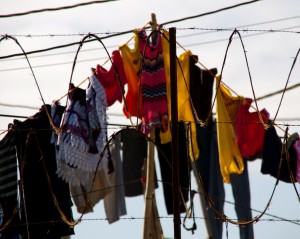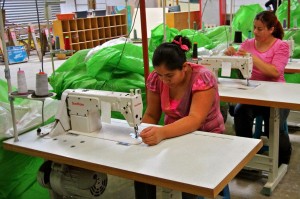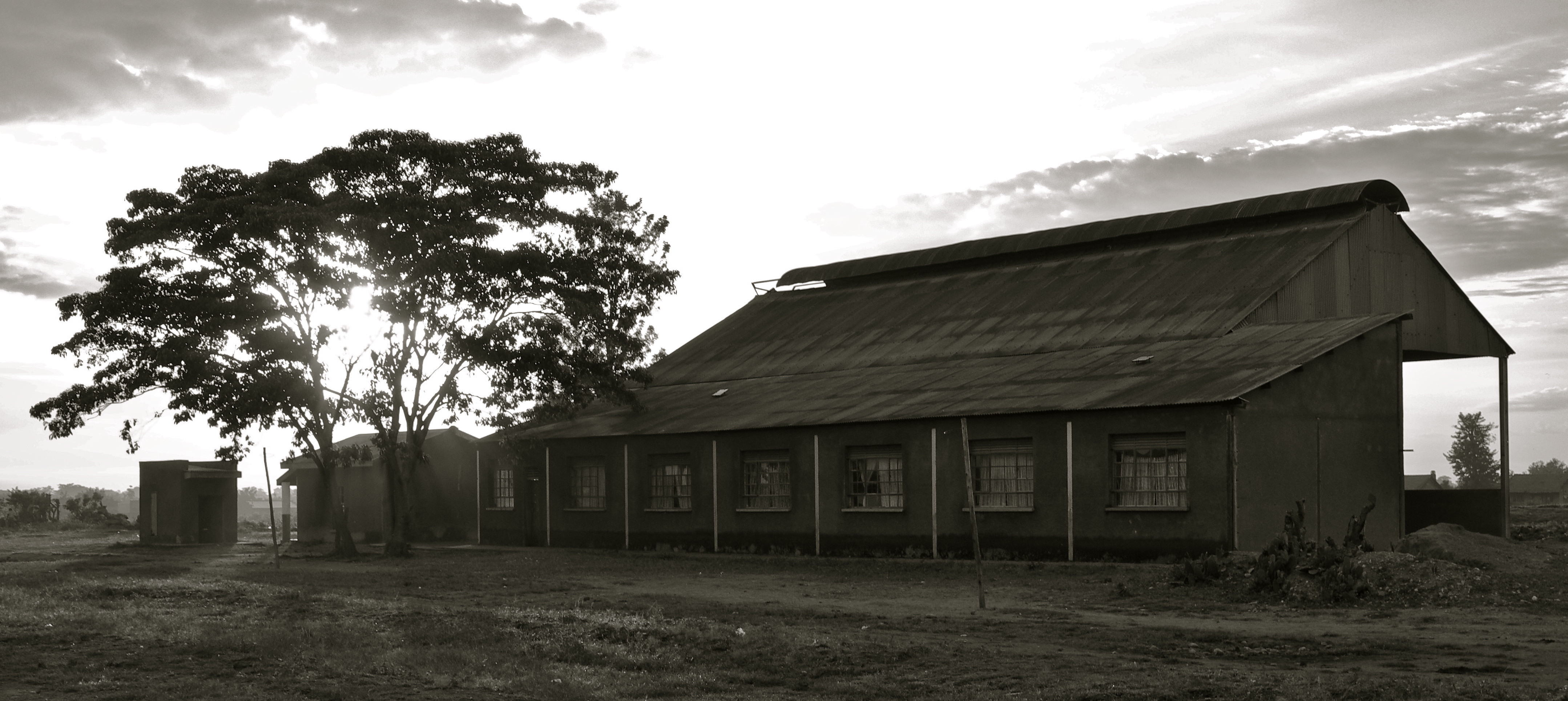Ana moved to Guatemala City from a rural village when she was twelve-years-old. Ana came alone and did not speak Spanish. She could not read the language she did speak, the Mayan K’iche’. At markets she was often cheated of the correct change because she did not understand the numbers on the bills.
Traveling across town provided similar obstacles. To get anywhere Ana would hop on a bus, any bus. She couldn’t read the signs that told the routes and destinations. Her only option was to ask the driver if he was going where she was going. The driver would almost always say yes. They wanted her money. She would ride to the end of the line where she would be kicked off in a strange place. Then she would find another bus and try again. She would ride bus after bus until she recognized something from the window. Guatemala City is not a small city. This process would take hours every time she needed to go somewhere.
Ana moved to Guatemala City because her mother couldn’t adequately support Ana and her brothers after their father died. Ana could make a better living as a nanny in the city than as a farmhand in the village. She looked for work as a nanny because she had already been taking care of her younger brothers for years. Nannying was a job she could do easily. But language was a barrier so she quit when she found a job at a laundry, a job she didn’t need to speak Spanish to do.

Ana worked there for many years. She got married and had two kids. But her husband spent all their money on alcohol. She had to leave him. She was a single mother living in one of the poorest neighborhoods in the city. A neighborhood that sprung up around the city basurero (dump) and is populated by people who make their living by gathering objects from the basurero to sell or recycle. Ana did not work in the basurero regularly, but in a pinch, when an emergency arose, she would scavenge there to supplement her laundry income.
Ana never had access to education. While she helping raise her brothers she watched them go to school every day and wished she could join them. As an adult it was very important to Ana that her kids get an education, but she simply could not afford it.
Ana was able to get by, but her income was not enough to pay for school for her kids. School is free in Guatemala, but books, uniforms, pencils, notebooks, and other school supplies are not. And if you can’t acquire them, you can’t go to school.

So Ana turned to Camino Seguro. Camino is an after school, education support program. In addition to getting help with homework and other educational issues, the students who attend participate in art, English, sports, and health classes. Importantly for Ana, Camino provides school supplies and uniforms for its students. This was the only way her kids could possibly get an education. But when her boys were old enough to go to school there was not room for them in the program. Ana was persistent. Every year she tried, but year after year the program was full. Finally there was room and finally her kids got to go to school. They were ten and eight when they started. The younger one now graduated and was hired by Camino to be a sports coach. Her older son is still in the program but close to graduating himself. They are quite the success stories. They are why Camino Seguro exists.
But I am telling Ana’s story. When Ana first enrolled her sons at Camino she had learned to speak Spanish, but was still unable to sign her name on the forms. She did not know the letters. She signed with a finger print. The receptionist who helped Ana fill out the forms told her about Camino’s adult literacy program for Camino parents. The same year that her kids started school Ana also started school. Currently she is in third grade.
In addition to the adult literacy program, Camino has also started a social entrepreneurship program for the parents of the students at the school. Ana was one of the first moms to join the program, Creamos, which teaches the moms how make paper bead jewelry to sell. Most of the moms at Creamos used to work in the basurero. Now they, including Ana, make their money by making and selling jewelry. They don’t have to work in the basurero anymore and they make more money than when they did.
Ana spends a lot of time at Camino. She has her classes and jewelry meetings. She comes to teach interested Camino volunteers how to make the paper beads and simple K’iche’ words and phrases. But she also just likes to hang out at the project. I have never seen her without a smile on her face, which is even bigger when she talks about her boys.
Camino Seguro has transformed Ana’s life and given her sons opportunities that their circumstances wouldn’t predict. And they are just one family in this community that used to exit solely because of the basurero. Now, their community is, with Camino’s help, slowly moving beyond the necessity of living off it.
